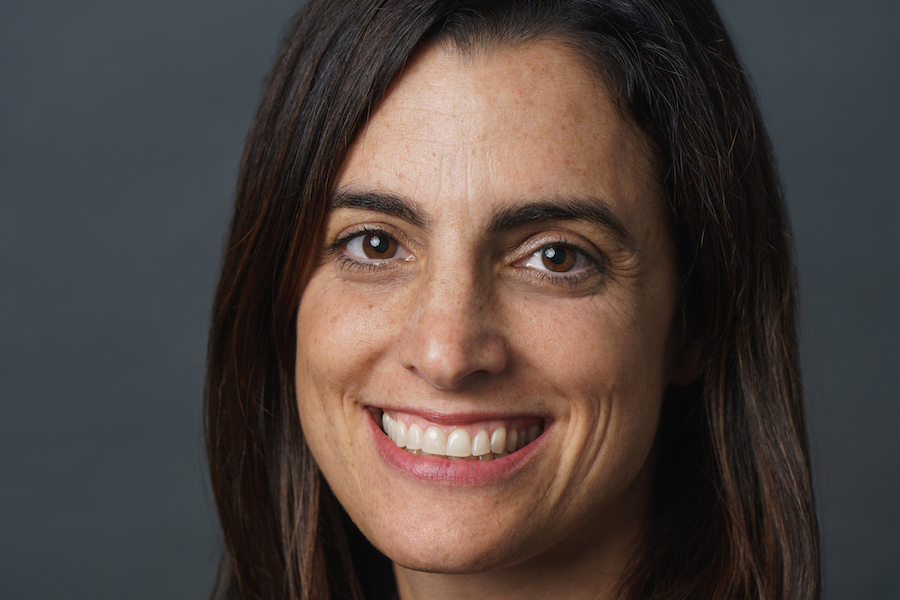Rhynhart Examining Impact of 10-Year Property Tax Abatement
The city controller’s assessment is underway as Mayor Kenney proposes raising property and real estate taxes to fund Philly schools.
As Mayor Jim Kenney proposes raising property and real estate taxes to fund Philly schools, City Controller Rebecca Rhynhart is investigating Philly’s controversial 10-year property tax abatement.
The abatement, implemented in 2000 to encourage real estate development, exempts developers and homeowners from paying real estate taxes on new construction or improvements made to existing homes for 10 years.
Critics say the abatement has disproportionately benefitted the wealthy, and neighborhoods like Center City and University City, at the expense of city and school district funds. After Kenney announced his annual budget proposal last week, calling for a 6 percent property tax hike as well as an 8.5 percent increase on real estate transfer taxes and a push to slow the planned wage tax reduction rate, officials like City Council President Darrell Clarke said the city should revisit the abatement before implementing new taxes.
Rhynhart previously discussed an assessment of the abatement in January, during an interview with the Philadelphia Business Journal.
“We need to be looking at how much revenue is being lost right now to the schools because of the abatements,” Rhyhart told the publication. “If the abatement were changed and we got X more amount of money for schools, what would this do to development. Look at that cost-benefit analysis before we just raise taxes here on people in the city.
“Some sort of position on abatements should come out within the first six months of our being here,” she added.
The Inquirer reported on Thursday that Rhynhart’s office is assessing the value of limiting the tax exemption to property improvements valued at $500,000 or lower or applying it only to neighborhoods lacking real estate investment.
The owners of roughly 20,000 properties have claimed the abatement since it was created in 2000, according to the newspaper. A report released in March of 2017 by the Building Industry Association of Philadelphia found that new home building in the city has increased by 376 percent since the exemption was implemented. Properties whose abatements had expired were contributing an additional $48.1 million annually to the city and school district funds, per the report.
In a series of tweets last week, Rhynhart said the city should look to other forms of potential school district revenue before raising property and real estate taxes.
I’m a public school parent. There is no better investment than our children, than education. But, we must look at every option on the table. 1/3
— Rebecca Rhynhart (@RebeccaRhynhart) March 1, 2018
Cost savings, operational efficiencies, evaluating long-standing policies, implementing new policy solutions – all of this can be $ for District w/o a property tax increase. 2/3
— Rebecca Rhynhart (@RebeccaRhynhart) March 1, 2018
A tax increase should be the last resort, not the 1st option. Philadelphians have given and given & until we hold the PPA accountable, implement cost savings & review the School District’s finances, we shouldn’t expect residents and businesses to dig deeper in their pockets. 3/3
— Rebecca Rhynhart (@RebeccaRhynhart) March 1, 2018



